In 2019, citizens of Sommaroy, a small island in Northern Norway, crushed their clocks and watches. Some of them shoved the timepieces in their drawers, dreaming that they wouldn’t take these out again. They were determined to toss away “time” into bins and make all local timekeepers out of duty. They did all of this in a bid that their island be declared the “world’s first time-free zone,” reported Norwegian public broadcaster NRK.

Everyone enjoys timelessness and eternity, but these people do it much more than anyone in the world. The main reason — this Norwegian island, situated north of the Arctic Circle and nicknamed the “Land of the Midnight Sun,” doesn’t experience time like the rest of the world. The Sun doesn’t rise in winter, and when it rises in summer, it takes long hours to set. Plus, people here believe that the object of time only leads to restriction and therefore, tension and stress. “All over the world, people are characterized by stress and depression,” said Kjell Ove Hveding, the leader of the campaign.
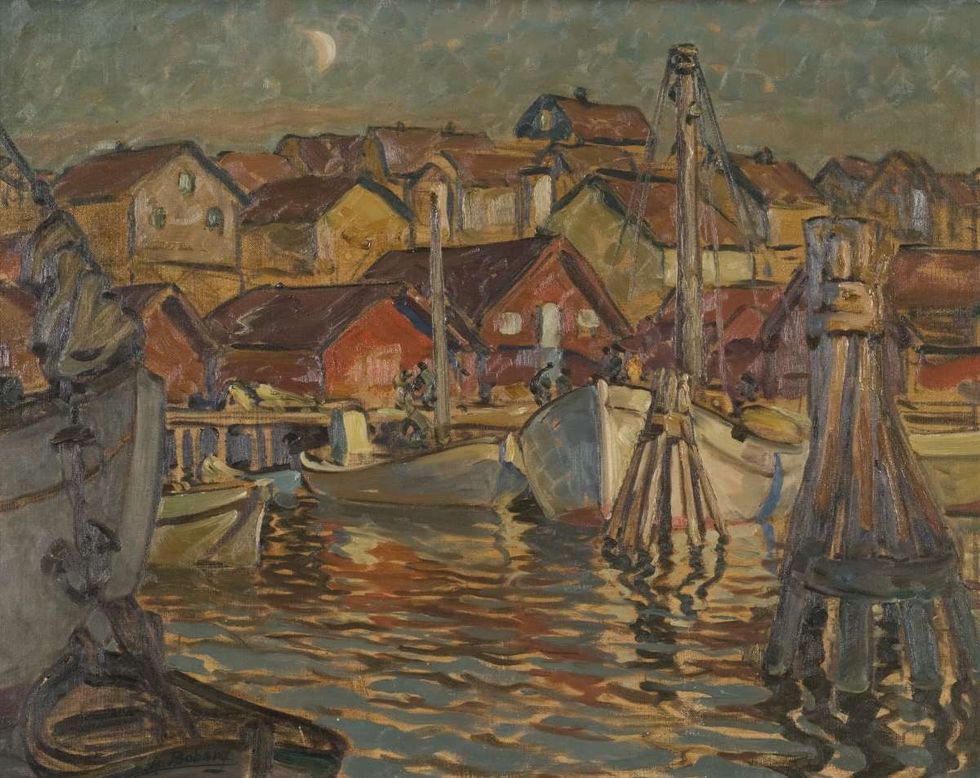
For someone who likes to follow a timely routine, this may sound strange but these people believe that time is just a trapping for the mortals. “In many cases, this can be linked to the feeling of being trapped by the clock. We will be a time-free zone where everyone can live their lives to the fullest. Our goal is to provide full flexibility, 24/7,” said Hveding. The citizens asserted they wanted time to be abolished in their zone. They said “we” want to be allowed to “do what we want, when we want.”
Norwegian people are famous around the world for their laid-back lifestyle. In their lives, there is no rush. Just a few months ago, another Norwegian town, Vadso, signed an appeal to the government requesting that their clocks be changed to 26-hour clocks from the typical 24-hour clocks. “It’s constant daylight,” Hveding said in a video posted on the campaign’s Facebook page. “If you want to paint your house at 2 am, it’s OK. If we want to take a swim at 4 am, we will.” Sommaroy typically experiences darkness from November to January, and in summer, the natives know that if the sun rises on one day, it will not set again until a week or more. “Here we enjoy every minute of the midnight sun, and yes, a coffee with friends on the beach at 2 am is a normal thing,” they said in the video.
The islanders handed the local MP, Kent Gudmundsen, a petition requesting for the time-free appeal to be discussed in the parliament. However, many officials thought that the campaign was just another attempt to attract more tourists to the island. This might not be true, but still, the scheme came with several challenges. If put into practice, living on a time-free island would mean that stores would open only when the staff was available, school hours would be flexible, causing confusion between teachers and students, and there would be no clocks. So, some residents were skeptical of this idea. “I can foresee challenges with some guests when it comes to checking in and checking out, and the opening hours of the bar and restaurant,” Malin Nordheim, a receptionist at the Sommaroy Arctic Hotel told NRK, “I’m a little skeptical.”
Not only this, a time-free zone also poses a threat to people’s health. Explaining to Gizmodo, Hanne Hoffman, an assistant professor in animal science who studies the circadian rhythm, said, “The problem is that humans did not evolve in the Arctic. Our bodies have adapted to this 24-hour cycle generated by the rotation of the Earth. We can’t really go against evolution, and that’s what is happening in those locations. You’re going against what we’re programmed to do.”

“A series of hormones and metabolic processes respond to light and time, telling your body how to behave at different points during the day. Even processes you might not think about, like your digestion and body temperature, are linked to this rhythm. Circadian rhythm misalignment, where your body is working on a separate schedule from your mind, is a risk factor for disease,” Hoffman explained. Gizmodo also reported on the case of Michel Siffre, who isolated himself in a dark cave for months. Though his schedule slowly went out of sync with the rest of the world, he still maintained an approximately 24-hour rhythm.
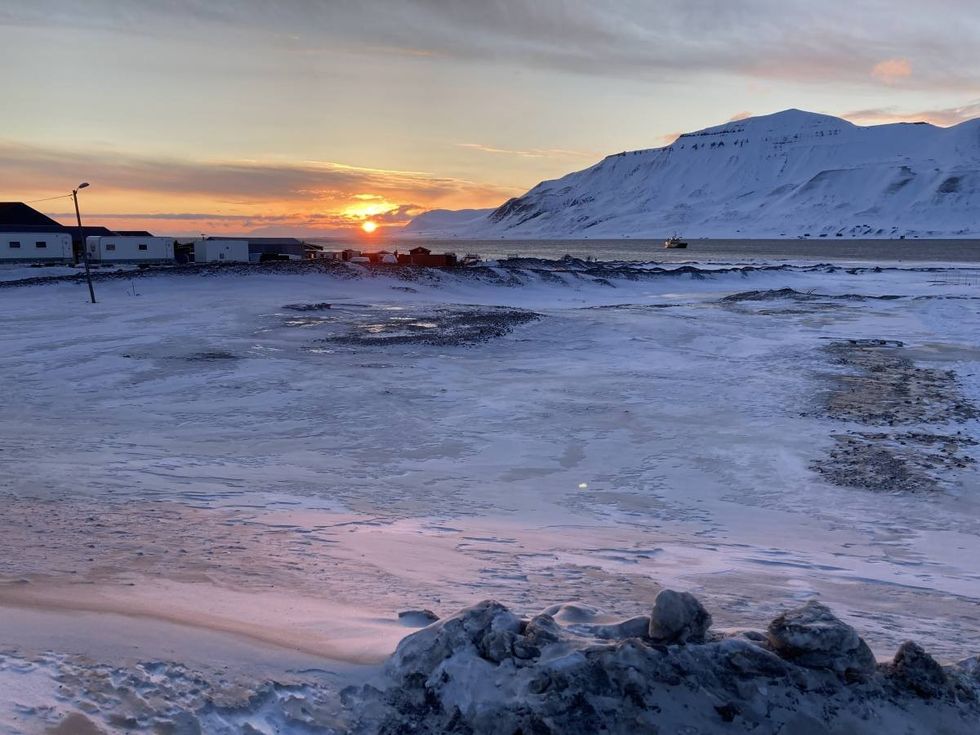
Then there is the matter of operating as a timeless zone in a world that is governed by time. Hveding told National Post that although he understood that planes and trains needed to depart and arrive at certain hours, he also thought that people create unnecessary stress by imposing schedules on themselves, and could benefit from his way of looking at time. “When you are finished with work, please, just put the watch away,” he said, “Don’t let the clock lead us.” Ultimately, he said, he just wanted people to be chiller and more impulsive, and try to look at the concept of time from his perspective.

















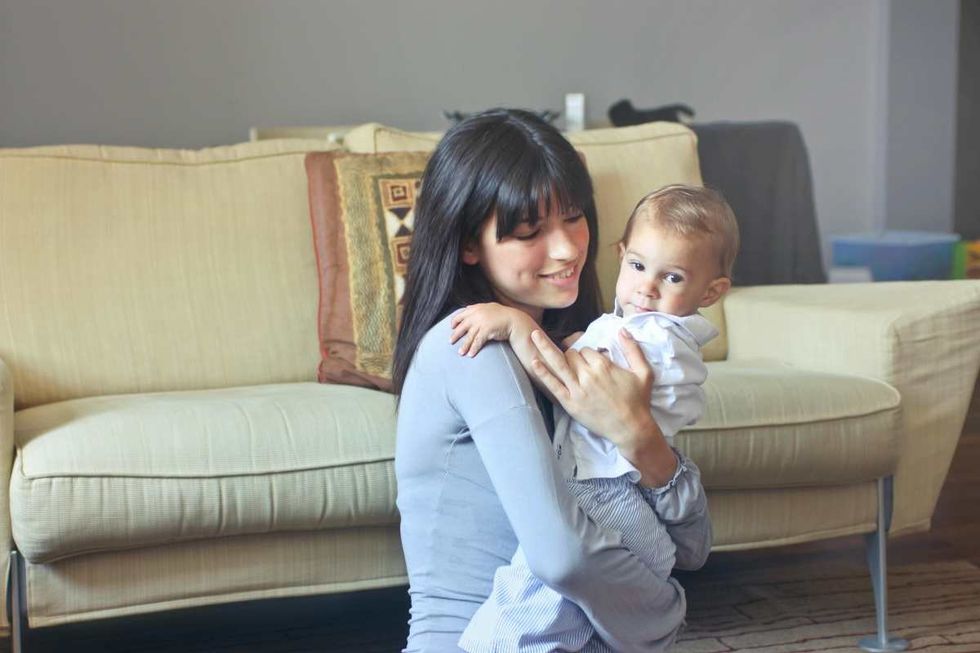 Pexels | Photo by Andrea Piacquadio
Pexels | Photo by Andrea Piacquadio
 An Atlantic grey seal looking at the camera underwater. (Representative Image Source: Getty Images | Mark Chivers)
An Atlantic grey seal looking at the camera underwater. (Representative Image Source: Getty Images | Mark Chivers) A grey seal swims up to a scuba diver. (Representative Image Source: Getty Images | Huw Thomas)
A grey seal swims up to a scuba diver. (Representative Image Source: Getty Images | Huw Thomas) A Grey seal nibbles at the hood of a scuba diver. (Representative Image Source: Getty Images | Bernard Radvaner)
A Grey seal nibbles at the hood of a scuba diver. (Representative Image Source: Getty Images | Bernard Radvaner)
 Image Source: Seth Rogen and Lauren Miller Rogen co-host the HFC Austin Brain Health Dinner on September 30, 2023, in Austin, Texas. (Photo by Rick Kern/Getty Images for Hilarity for Charity)
Image Source: Seth Rogen and Lauren Miller Rogen co-host the HFC Austin Brain Health Dinner on September 30, 2023, in Austin, Texas. (Photo by Rick Kern/Getty Images for Hilarity for Charity) Image Source: Seth Rogen and Lauren Miller Rogen attend the 95th Annual Academy Awards on March 12, 2023 in Hollywood, California. (Photo by Arturo Holmes/Getty Images )
Image Source: Seth Rogen and Lauren Miller Rogen attend the 95th Annual Academy Awards on March 12, 2023 in Hollywood, California. (Photo by Arturo Holmes/Getty Images ) Image Source: YouTube |
Image Source: YouTube |  Image Source: YouTube |
Image Source: YouTube | 
 Image Source: In this handout photo provided by the National Science Foundation, the Event Horizon Telescope captures a black hole at the center of galaxy M87 in an image released on April 10, 2019. (National Science Foundation via Getty Images)
Image Source: In this handout photo provided by the National Science Foundation, the Event Horizon Telescope captures a black hole at the center of galaxy M87 in an image released on April 10, 2019. (National Science Foundation via Getty Images)
 Representational Image Source: Pexels I Photo by Nataliya Vaitkevich
Representational Image Source: Pexels I Photo by Nataliya Vaitkevich Representative Image Source: Pexels | Kampus Production
Representative Image Source: Pexels | Kampus Production
 Image Source: Destroyed vehicles lie near the rubble after the earthquake and tsunami devastated the area on March 16, 2011, in Minamisanriku, Japan. The 9.0 magnitude strong earthquake struck offshore on March 11 at 2:46 pm local time, triggering a tsunami wave of up to ten meters which engulfed large parts of north-eastern Japan. (Photo by Chris McGrath/Getty Images)
Image Source: Destroyed vehicles lie near the rubble after the earthquake and tsunami devastated the area on March 16, 2011, in Minamisanriku, Japan. The 9.0 magnitude strong earthquake struck offshore on March 11 at 2:46 pm local time, triggering a tsunami wave of up to ten meters which engulfed large parts of north-eastern Japan. (Photo by Chris McGrath/Getty Images)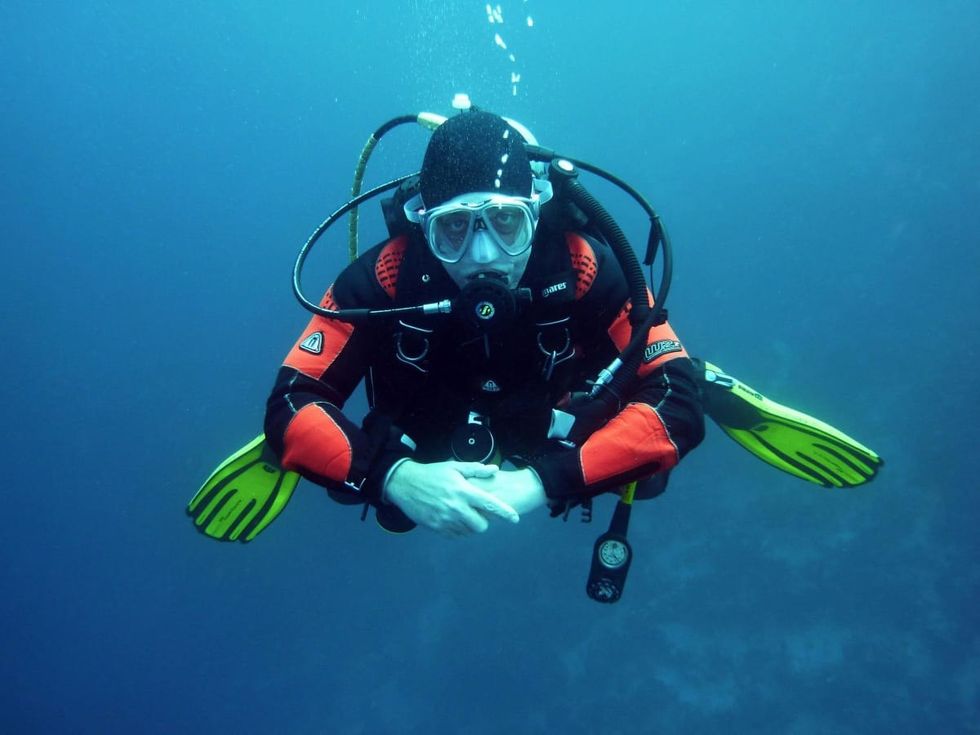 Representative Image Source: Pexels | Pixabay
Representative Image Source: Pexels | Pixabay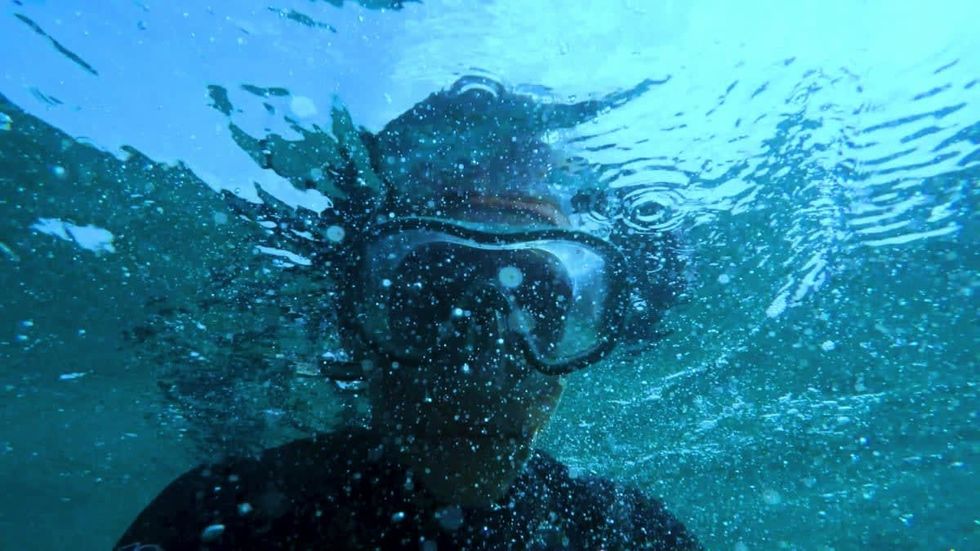 Representative Image Source: Pexels | Stuart Pritchards
Representative Image Source: Pexels | Stuart Pritchards
 Image Source: Musician Keith Urban and actress Nicole Kidman arrive at the 2009 American Music Awards at Nokia Theatre L.A. Live on November 22, 2009 in Los Angeles, California. (Photo by Jeffrey Mayer/WireImage)
Image Source: Musician Keith Urban and actress Nicole Kidman arrive at the 2009 American Music Awards at Nokia Theatre L.A. Live on November 22, 2009 in Los Angeles, California. (Photo by Jeffrey Mayer/WireImage) Image Source: Keith Urban and Nicole Kidman attend The 2024 Met Gala on May 06, 2024 in New York City. (Photo by John Shearer/WireImage)
Image Source: Keith Urban and Nicole Kidman attend The 2024 Met Gala on May 06, 2024 in New York City. (Photo by John Shearer/WireImage) Image Source: Musician Keith Urban and actress Nicole Kidman arrive at the Oscars on February 24, 2013 in Hollywood, California. (Photo by Jeff Vespa/WireImage)
Image Source: Musician Keith Urban and actress Nicole Kidman arrive at the Oscars on February 24, 2013 in Hollywood, California. (Photo by Jeff Vespa/WireImage)
 Representative Image Source: Pexels | August de Richelieu
Representative Image Source: Pexels | August de Richelieu Representative Image Source: Pexels | August de Richelieu
Representative Image Source: Pexels | August de Richelieu Representative Image Source: Pexels | Djordje Vezilic
Representative Image Source: Pexels | Djordje Vezilic Representative Image Source: Pexels | Fauxels
Representative Image Source: Pexels | Fauxels